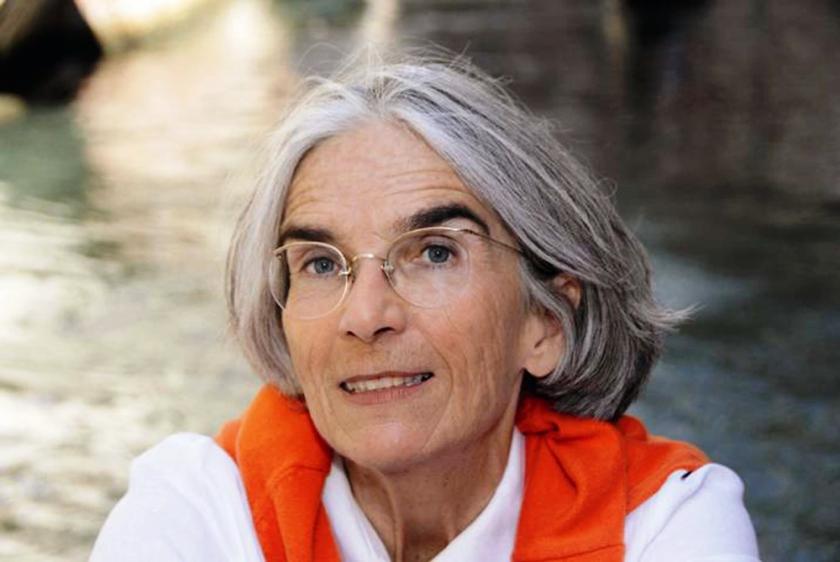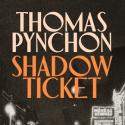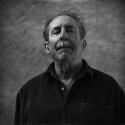It’s 25 years this year since Donna Leon introduced us to Commissario Guido Brunetti, a man who in his way has done as much for Venice as Byron and Ruskin or, in our own time, Francesco da Mosto, like Brunetti a glamorous figure absorbed by the history and culture, not to mention the cuisine, of La Serenissima.
Earthly Remains is the 26th novel in Leon’s Brunetti series which has become an international phenomenon, garnering crime writing awards from around the world. Sadly for the locals, there is no Italian edition because the author will not allow it, feeling that as an American in Venice (albeit one who now divides her time between the city and Switzerland) it would be disrespectful to publish novels which are – implicitly and sometimes explicitly – critical of the place she has long regarded as home.
The political and financial scandals, the corruption in high places – all upset her as they do Brunetti, but she is no less angry about what has happened in the United States, where she was born and brought up and where she lived until the 1970s. This novel is dedicated to Ruth Bader Ginsburg, an Associate Justice of the US Supreme Court, appointed by President Clinton and now doing her best to hold the line against a political tide that was unimaginable in his day. Apparently, the Justice and the novelist are friends since Leon hosted her and her husband, a long-time fan, when the couple were in Venice.
 Leon has done for Venice what Morse did for Oxford, or Aurelio Zen for Rome. Those who have followed the novels could set foot in Venice for the first time and find their way to the bar that sells the best coffee or the finest grappa, the trattoria offering the most delicious pasta – and know where to buy the finest ingredients. Indeed, the detective has inspired two books: Brunetti’s Cookbook and Brunetti’s Venice, in which walkers may follow in his footsteps. Naturally they know which vaporetto to take.
Leon has done for Venice what Morse did for Oxford, or Aurelio Zen for Rome. Those who have followed the novels could set foot in Venice for the first time and find their way to the bar that sells the best coffee or the finest grappa, the trattoria offering the most delicious pasta – and know where to buy the finest ingredients. Indeed, the detective has inspired two books: Brunetti’s Cookbook and Brunetti’s Venice, in which walkers may follow in his footsteps. Naturally they know which vaporetto to take.
Reading Leon is like sitting down with old friends for the most satisfying of dinners, replete of course with well-chosen wines. Commissario Brunetti remains essentially unchanged – a good man, a family man, humorous, ironic – but darker now, ground down by the horror and insanity he has faced over the years. Indeed, Earthly Remains opens in dramatic fashion with him faking a heart attack, a distraction designed to prevent his talented young colleague Pucetti from doing something he would regret during the questioning of a celebrated lawyer who behaves with “self-effacing superiority” and scant regard for the teenager whose fate is under discussion.
When his wife Paola arrives at the hospital, aware of the ruse but still recovering from the fright of the summons, Guido confesses to her: “I can’t stand it any longer, doing what I do.” The young Dottoressa agrees: his heart is fine but his blood pressure is extremely high. He is stressed, exhausted – she prescribes a couple of weeks off work. At his wife’s suggestion, he throws a few items of clothing and four books – Pliny, Herodotus, Suetonius and Euripides – into his wheelie and heads off to the island of Sant’ Erasmo, to stay in a villa owned by one of her relatives. He is met there by Davide Casati, the caretaker, and as Casati expertly rows them across the lagoon, Guido realises that their fathers were a prize-winning rowing team.
Going to bed early, rising with the lark, over the course of ten days or so, Brunetti is restored – out in the sun, swimming and skimming across the lagoon with Davide, who must always check on his bee hives. But the bees aren’t doing well and neither, soon, is Davide. Naturally, the Commissario cannot rest easy as a search is launched …
Leon is a wonderful writer, the sentences as beautifully crafted as the puparin Casati’s father had long ago built. You feel the sodden heat of a Venetian summer, the crowds marching like ants across the Rialto Bridge, the sting of Guido’s sunburn and his rage at the corruption that ruins life for everybody. The Italians don’t know what they’re missing, which is perhaps just as well.















Add comment